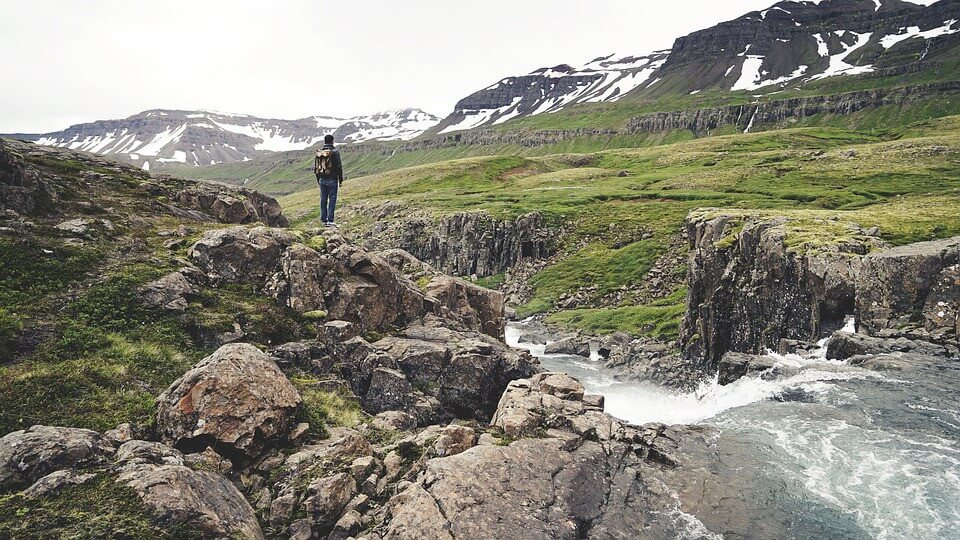Foraging is searching for and gathering wild food sources such as plants, mushrooms, and berries. Foraging has been a part of human history for thousands of years and is still practiced in many cultures worldwide. While foraging can be fun and rewarding, approach it cautiously and respect the environment.
Getting Started with Foraging
Research Local Laws and Regulations
Before you start foraging, it’s important to research local laws and regulations. Some areas may have restrictions on foraging or require permits or licenses. Following these rules avoids damaging the environment or getting into legal trouble.
Learn About Local Plants and Wildlife
Before foraging, learn about your area’s local plants and wildlife. This will help you identify edible plants and avoid toxic ones. You can do research online, attend local workshops or classes, or go on guided foraging walks to learn more about the local ecosystem.
Start Small
It’s important to start small when first starting with foraging. Begin by learning to identify a few common edible plants or mushrooms, and gradually expand your knowledge. This will help you build confidence and avoid mistakes that could be harmful.
Use a Field Guide
A field guide is a valuable tool for identifying plants and mushrooms in the wild. Look for a guide specific to your region, and ensure it includes clear photos and descriptions of the plants you’re interested in. It’s also a good idea to bring the guide when you’re foraging to double-check your identifications.
Practice Responsible Foraging
When you’re foraging, it’s important to practice responsible foraging. This means only taking what you need, leaving some behind for wildlife and future foragers, and avoiding damaging the environment. Respecting private property and obtaining permission before foraging someone else’s land is also essential.
Cook and Prepare Your Foraged Finds Safely
Not all wild plants and mushrooms are safe to eat raw; some may require special preparation before consumption. Make sure to research the proper cleaning methods, prepare your foraged finds, and cook them thoroughly to avoid food poisoning.
Foraging can be fun and rewarding for hikers and outdoor enthusiasts. By following these tips, you can start foraging safely and responsibly. Remember to research local laws and regulations, learn about local plants and wildlife, start small, use a field guide, practice responsible foraging, and safely cook and prepare your foraged finds. With some knowledge and practice, you can enjoy the bounty of the natural world and connect with the environment in a new and exciting way.
